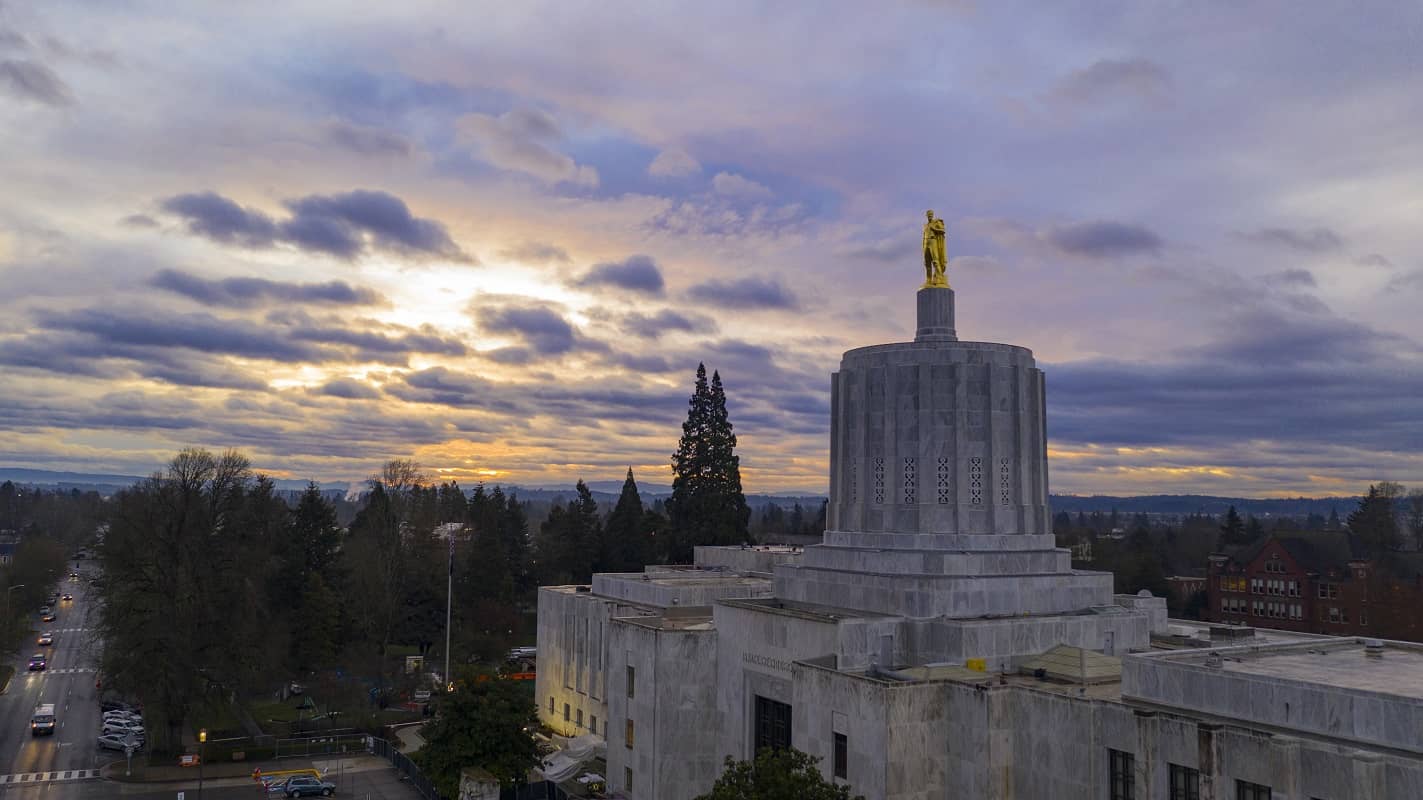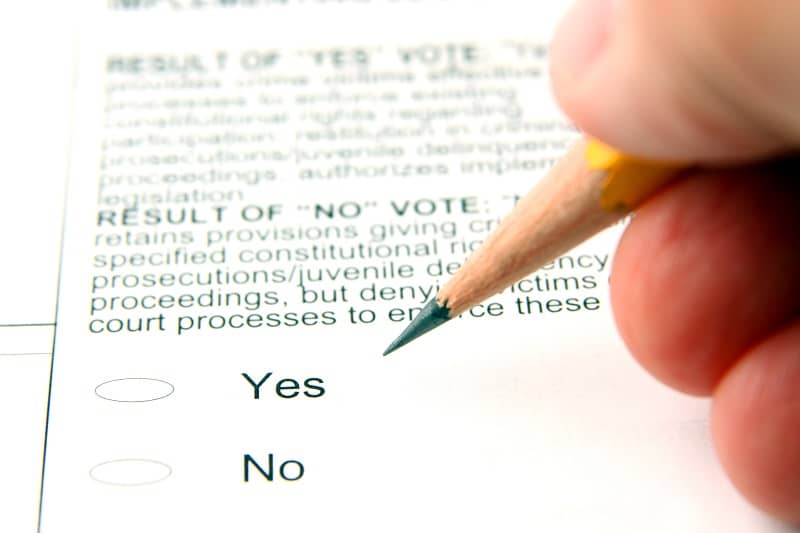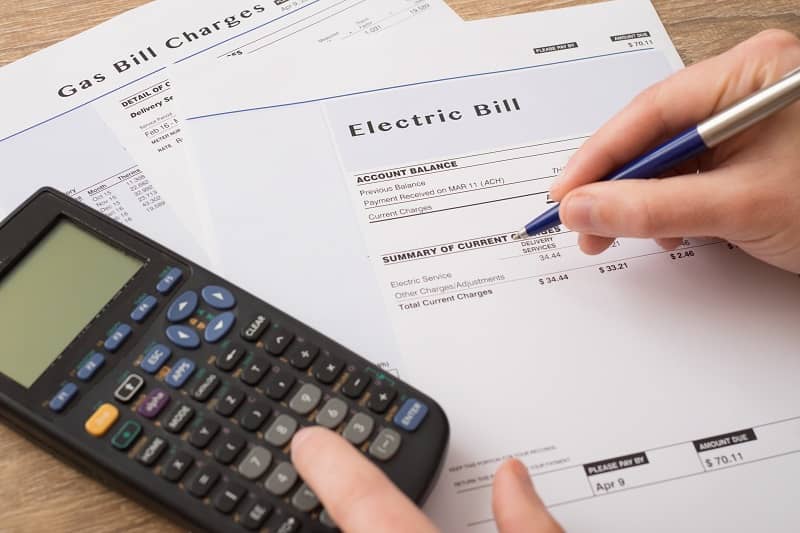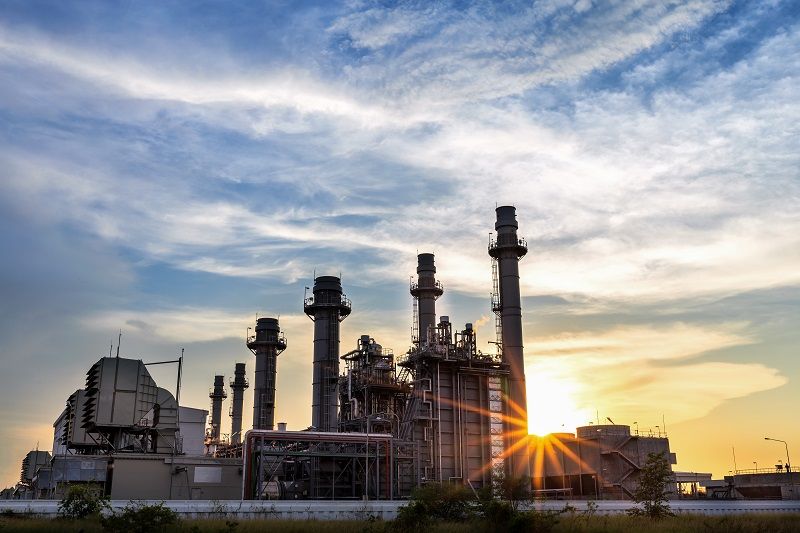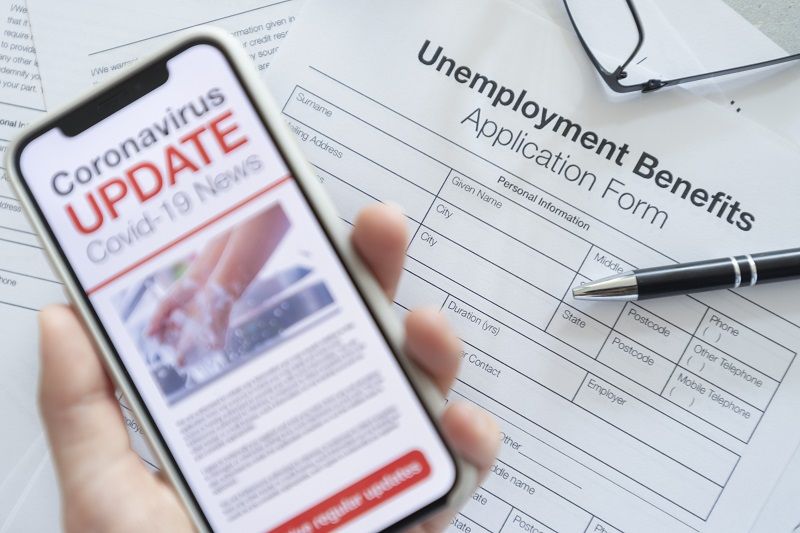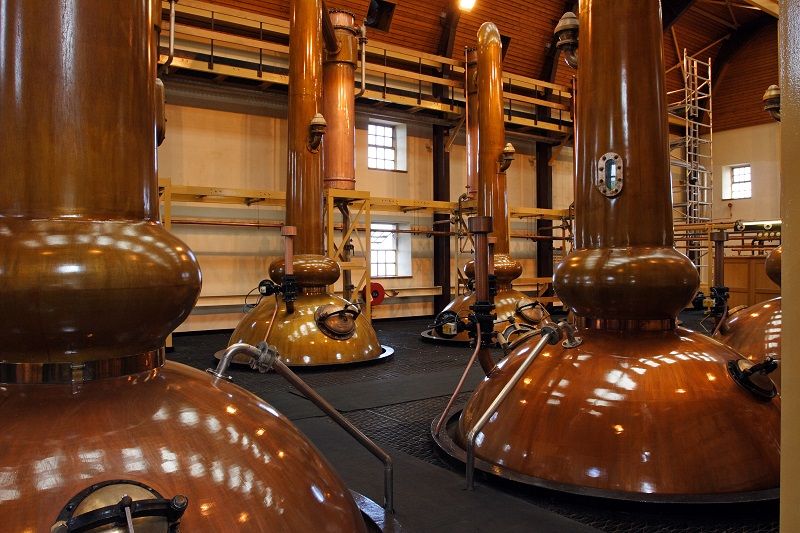
Proponents of a taxpayer-supported baseball stadium in Portland argue it and a team would generate significant economic gains for the city, if not the state. Terrific! But, wait a minute, if the benefits are such a sure-thing, how come private investors aren’t lining up to invest their own money?
The reluctance of private investors to put their money where home plate is points to the danger. Independent research (undertaken by people with no vested interest in the results) exposes the reasons why private investors don’t risk their capital.
In 1997 the Brookings Institution published Sports, Jobs, and Taxes. This book explores the economic development argument; among its conclusions: sports teams and facilities are not a source of local economic growth and employment.
What about the long haul? Sports economist Robert Baade studied 48 metropolitan statistical areas (MSAs) over a 30-year period. He found, “of the 32 MSAs where there was a change in the number of sports teams, 30 MSAs showed no significant relationship between the presence of the teams and real, trend-adjusted, per-capita personal income growth.”
Numerous stadiums and arenas around the country have been built without taxpayer dollars. Multnomah Field in Portland, now called PGE Park, was privately built. The Rose Garden was also privately built, though the city paid for surrounding infrastructure improvements.
Let’s think in common sense, get-it-done terms. Sports advocates should band together, build a stadium with their own money and, right or wrong, reap the benefits.
© 2006, Cascade Policy Institute. All rights reserved. Permission to reprint in whole or in part is hereby granted, provided the author and Cascade Policy Institute are cited. Contact Cascade at (503) 242-0900 to arrange print or broadcast interviews on this topic. For more topics visit the QuickPoint! archive.

